Campaigners for homeless people in the French capital Paris have claimed that families and children in vulnerable situations were among those who have been removed from the city's streets as part of a clean-up ahead of the Olympic Games.
The city has undergone a huge program of civic renewal in the run-up to the summer Games, which will run from July 26 to Aug 11, and also the Paralympics, which are set to continue from Aug 28 to Sept 8, which will ensure the eyes of the world are focused on Paris.
Paul Alauzy, a coordinator for health monitoring at humanitarian organization Medecins du Monde, accused the authorities of "hiding the misery under a rug" to have the city "appear in the most flattering light possible" for the Games.
People are reportedly being bussed out of town for the duration, and he said "if this really was a dignified solution to the problem, people would be fighting to get on the buses. They're not. We are in the process of making life impossible for these people and those who support them".
Another group, called Le Revers de la Medaille, which translates as the other side of the coin and that represents around 90 associations linked to the homeless, has spoken of the threat to the vulnerable, including asylum seekers and people who may be medically at risk.
"The Ile-de-France region (the area surrounding Paris) has been emptied of some of the people that the powers-that-be consider undesirable," it said.
In its latest report, the group said "we hoped that this edition (of the Games) would be different from previous ones and we made suggestions over a long period in this regard. Today ... we can state that Paris 2024 will be no different from previous editions and will truly accelerate the exclusion of the most vulnerable".
The group added that, during the last 13 months, 12,545 people had been moved as tent cities were dismantled.
Le Revers de la Medaille claimed 7,000 homes would be needed in the Ile-de-France area alone to come up with a long-term solution to homelessness, and that, so far, local authorities had only come up with a plan for 1,000 urgent places, but even that had been delayed by bureaucratic red tape.
Anne Hidalgo, the socialist mayor of Paris, spoke of her frustration over the situation and pointed the finger of blame at France's central government.
"I am angry about this being pushed on to the city (authority) because it's not our role or responsibility and we already play more than our part in finding urgent accommodation for vulnerable people. Every week, we are putting families into homes," Hidalgo said.
In April, Paris Games chief Tony Estanguet told the BBC that there would be an "unprecedented" level of security for "the biggest event France has ever organized".
Reuters reported that 320 million euros ($348.42 million) will be spent on security, with 35,000 security workers deployed.









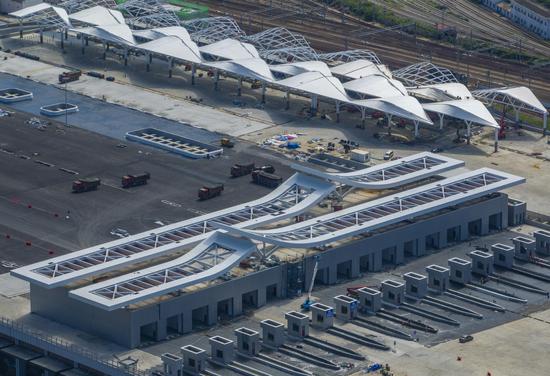


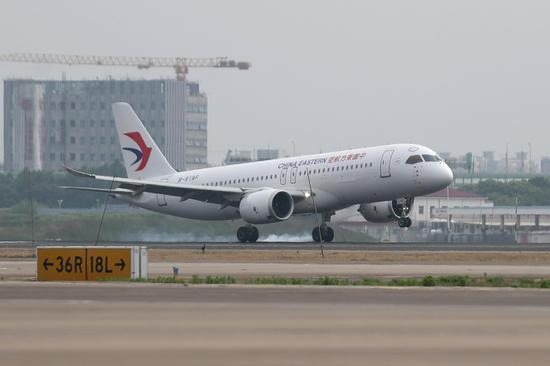
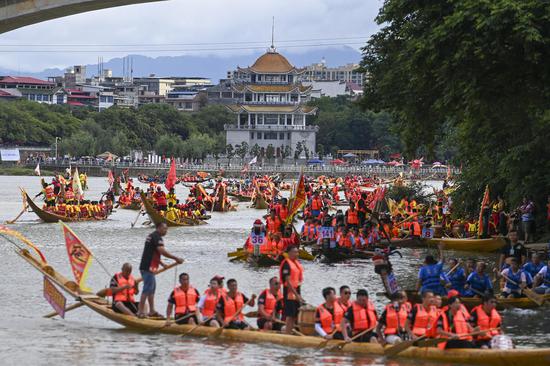
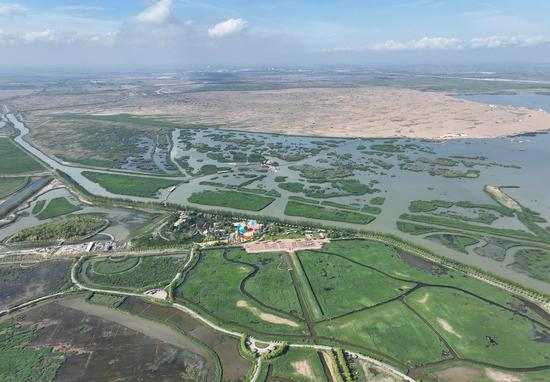
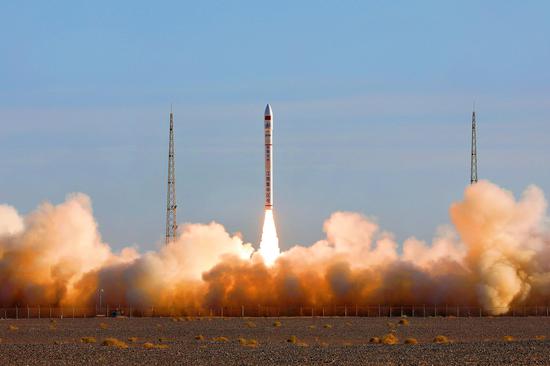

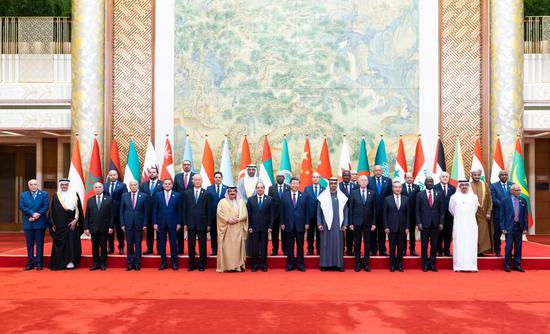




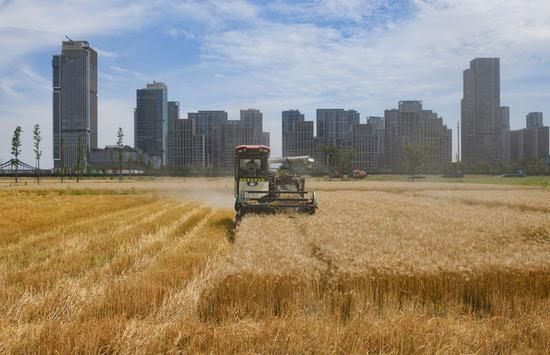
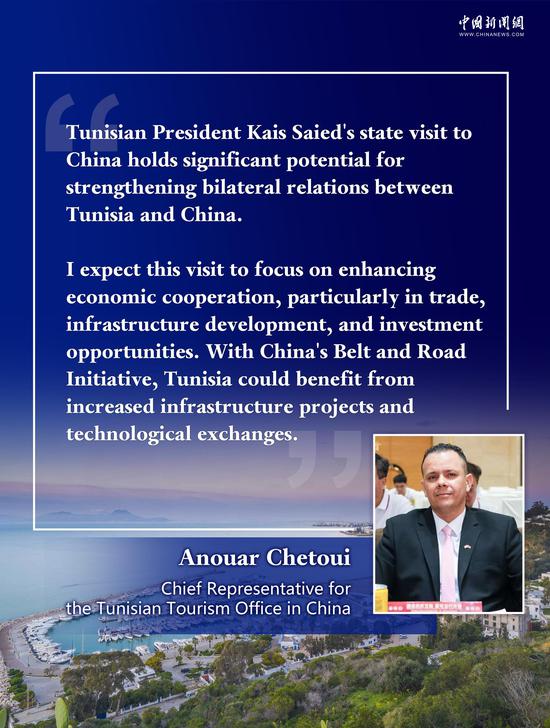


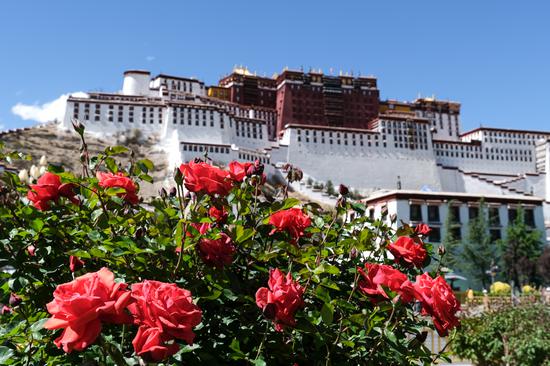


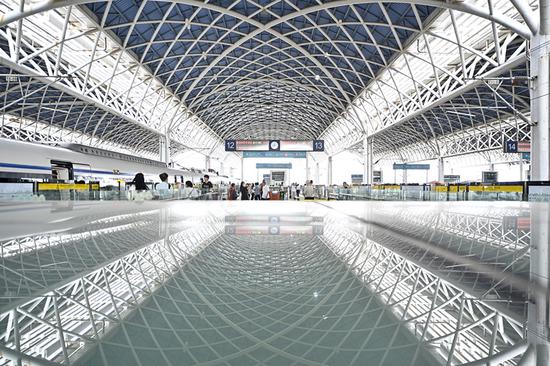
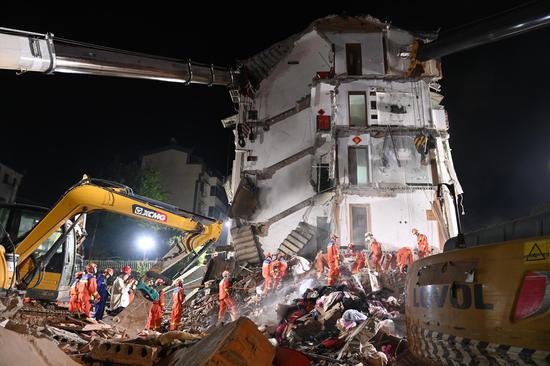
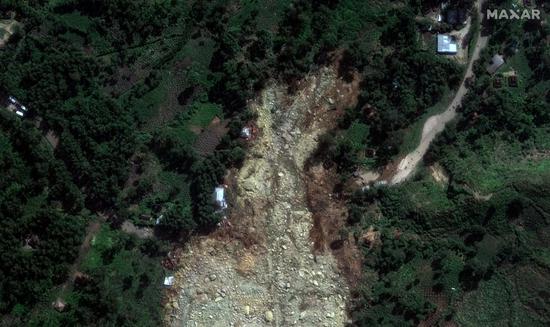




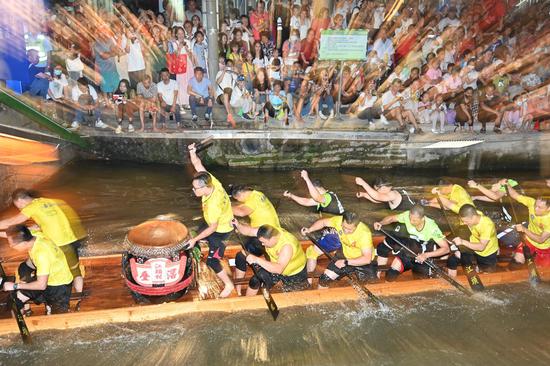

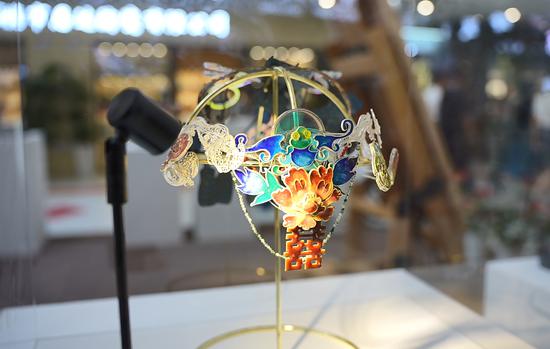


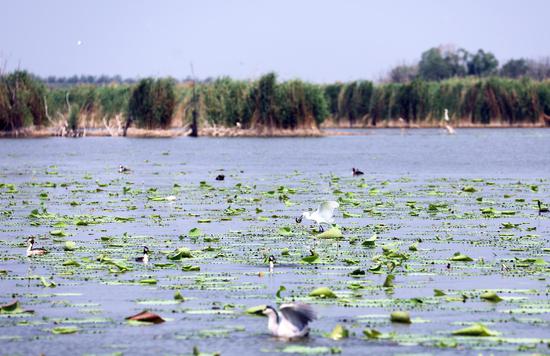
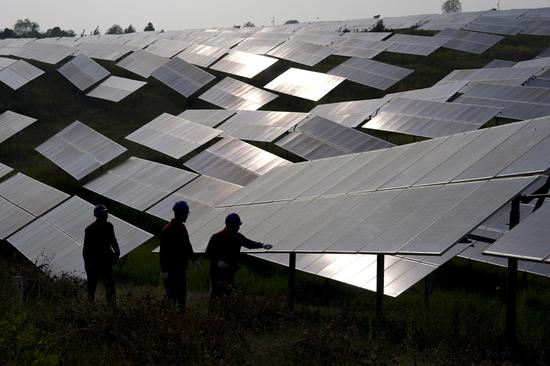

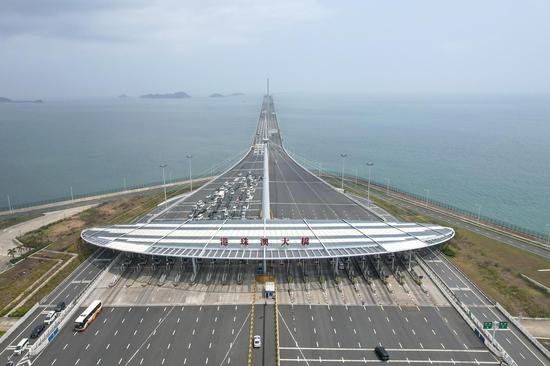

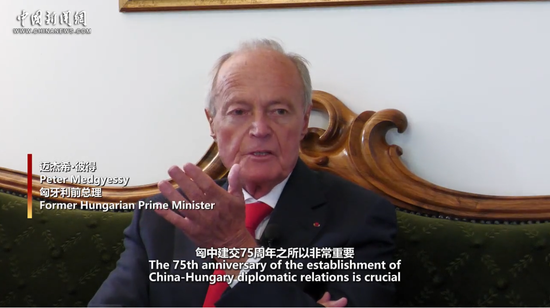

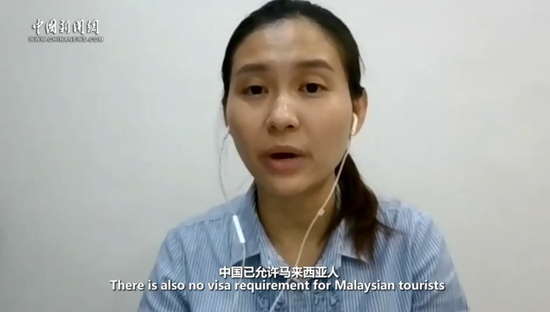

 京公网安备 11010202009201号
京公网安备 11010202009201号